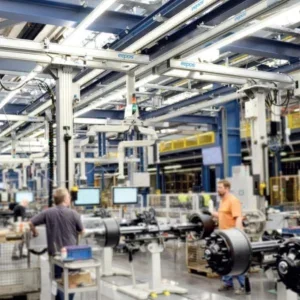But there’s still an opinion within the industry that the UK’s Health and Safety Executive (HSE) is more reactive than proactive. Take the case in this issue (pp. 23-24) as an example. A Birmingham, UK employee was fatally crushed between the moving outer coil of a three high stack and the stationary coil he still had suspended from a crane.
An investigation decided that the worker himself could in no way be blamed for his death and the judge said there was no deliberate or reckless disregard of health and safety or cutting of corners to save money. The HSE deemed that the deceased was “diligent and careful” in following company requirements and that “he took his supervisor’s duties seriously.”
Given that, you may be surprised to learn that Clifton Steel Limited was fined £150,000 (over Eur 218,000). In addition, costs of £20,000 (nearly Eur 30,000) were awarded to the prosecution. In the lifting business, there are accidents waiting to happen. And when, as a result, a worker pays the ultimate price, even when good practice is apparent, surely we don’t need to follow this with a hefty fine.
In one of the factory crane presentations at the conference, Alfred Beer of certification body Tuev Sued Rail, Germany played a video of a diligent and careful penguin losing his footing and falling through the ice upon which he walked. Accidents happen.






